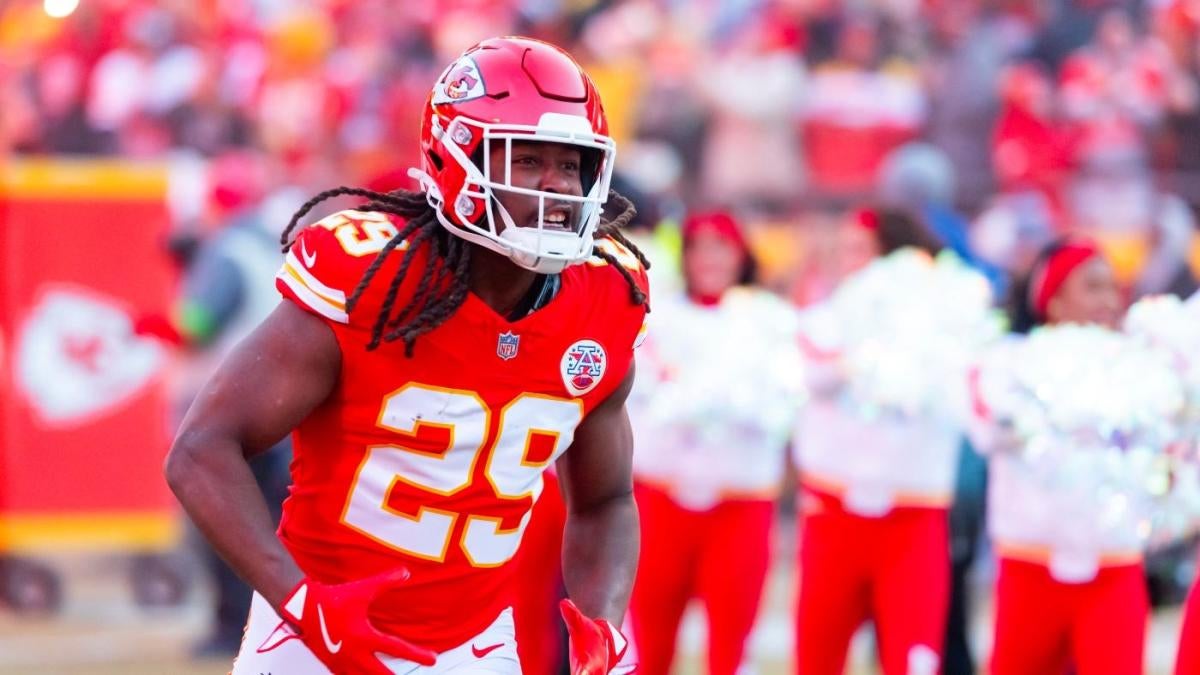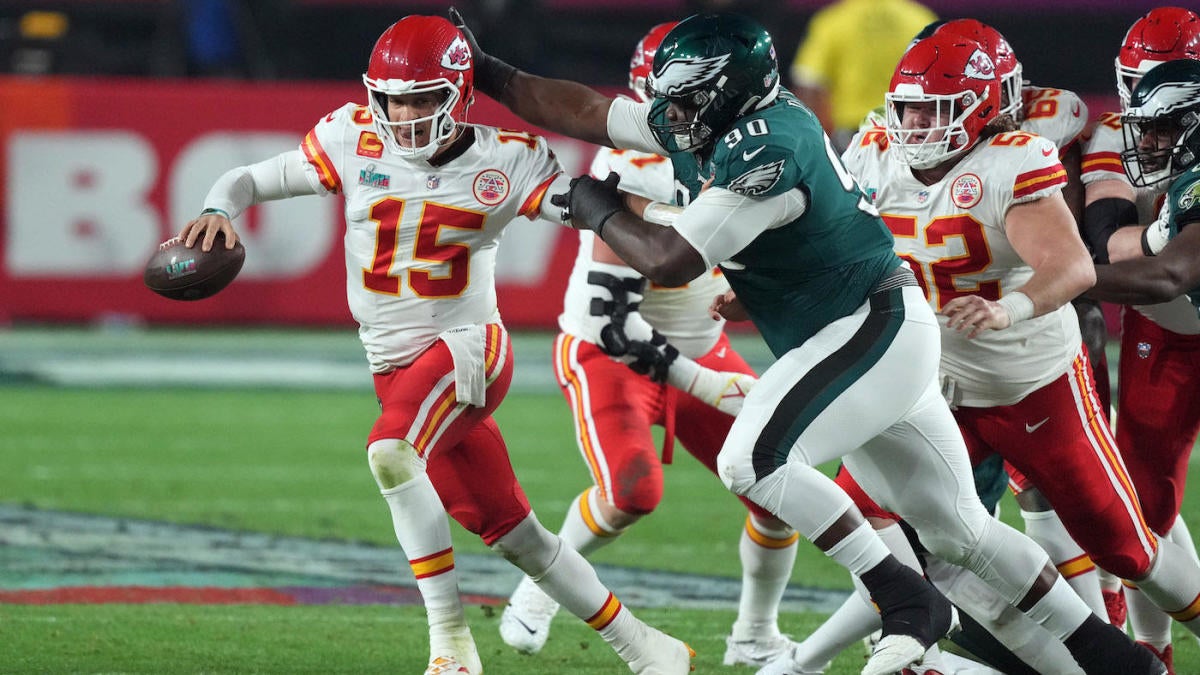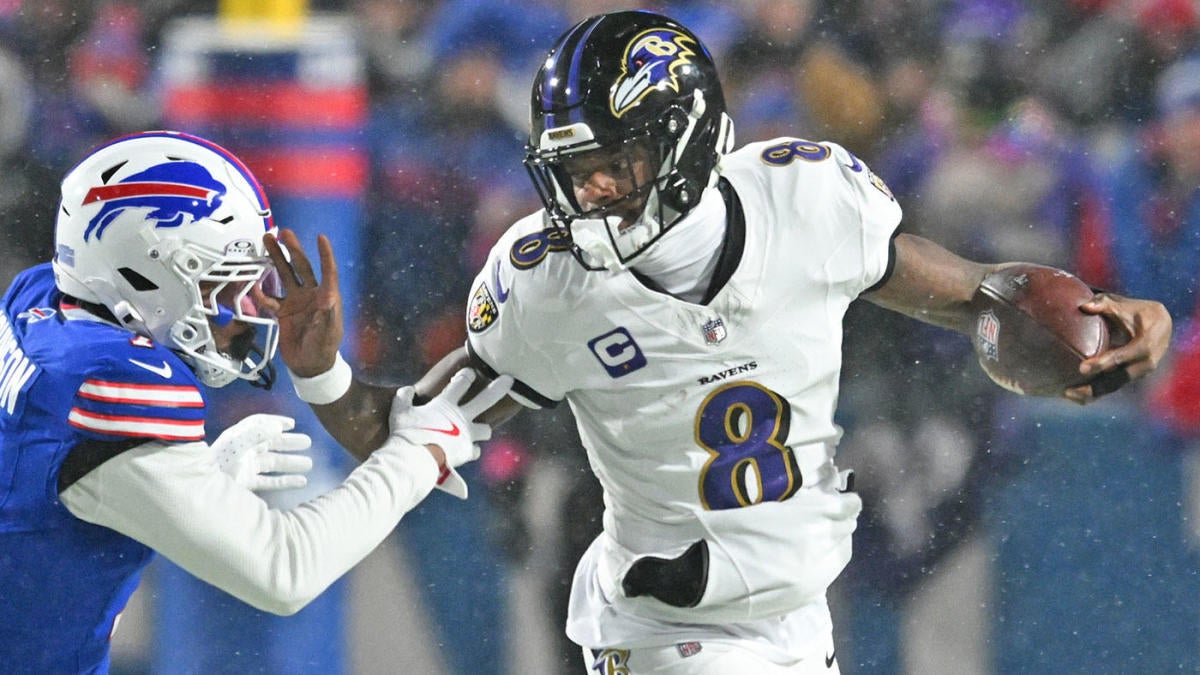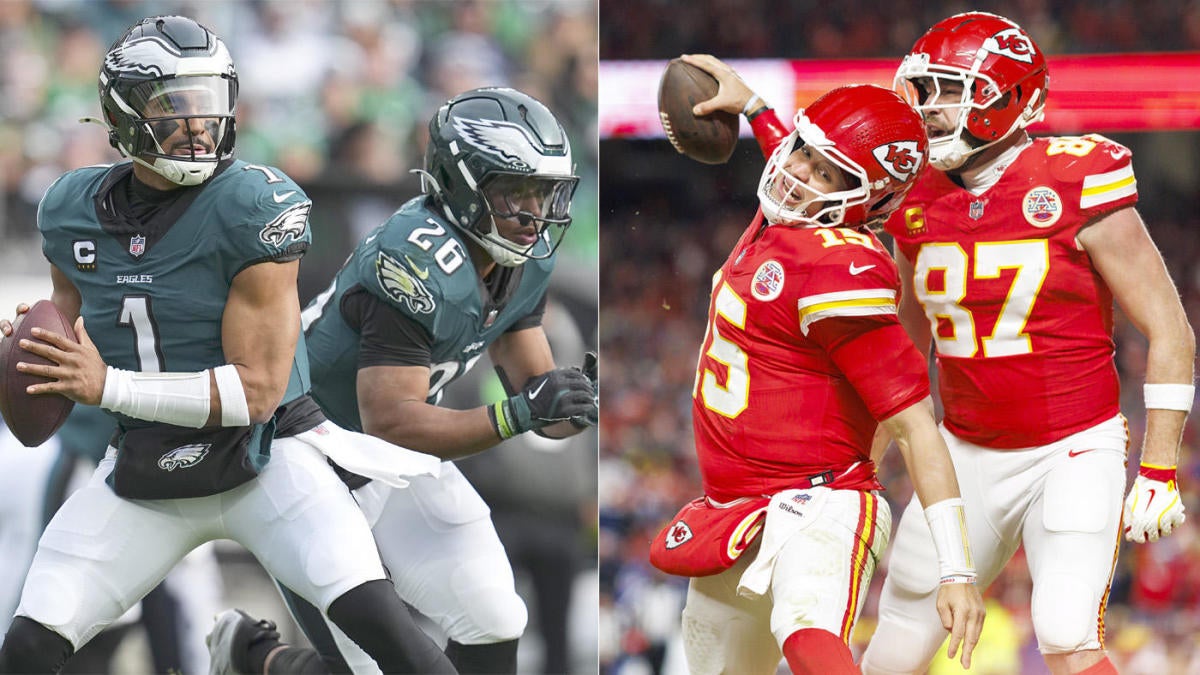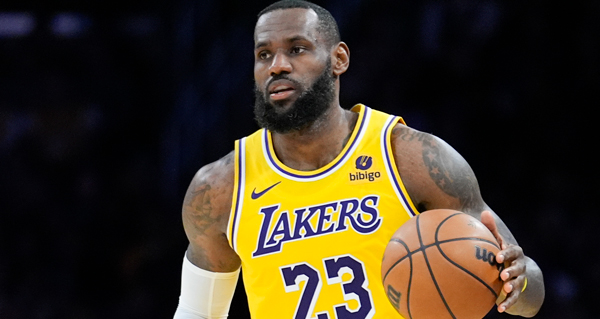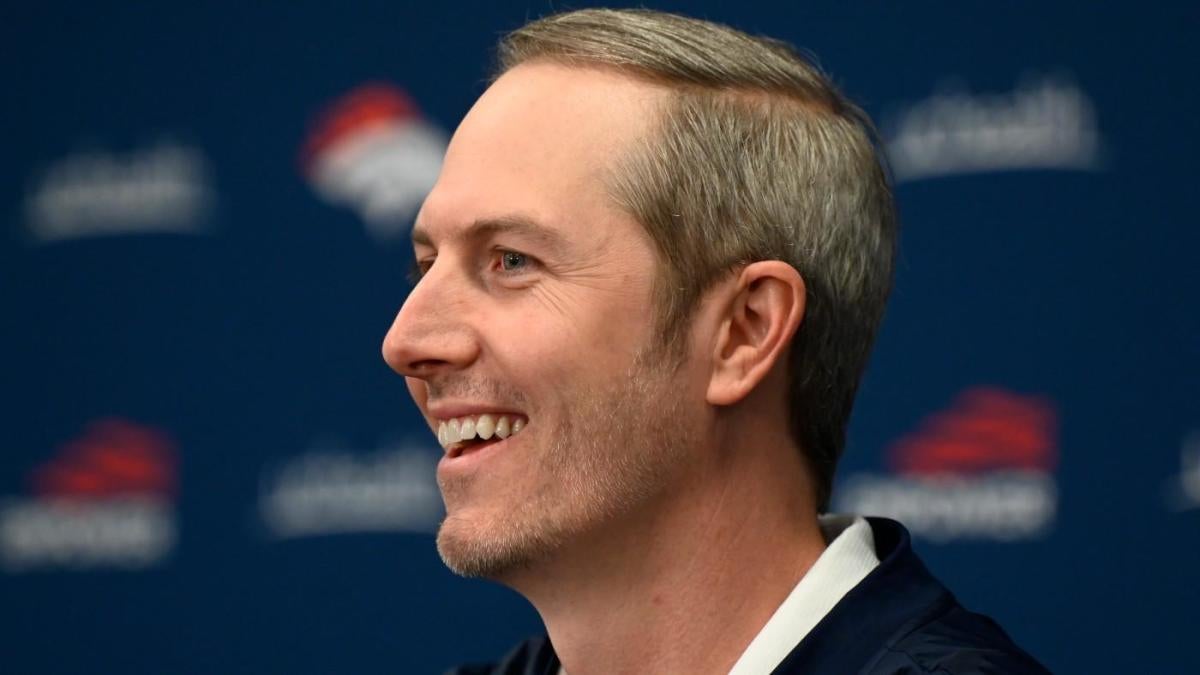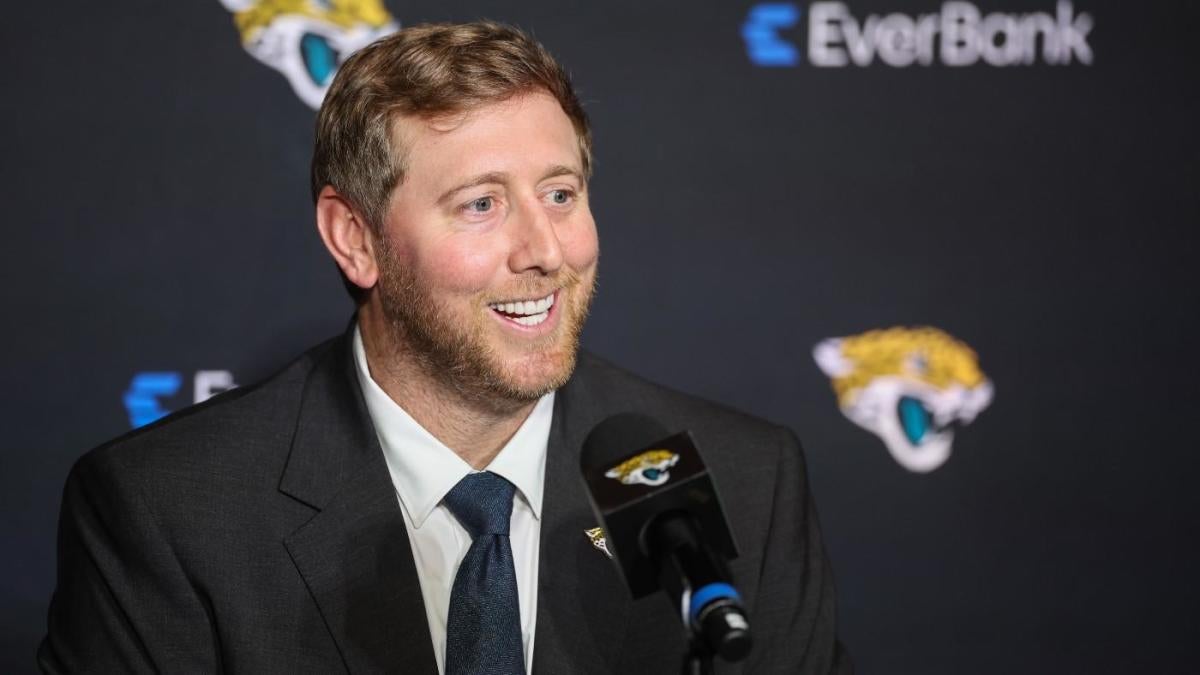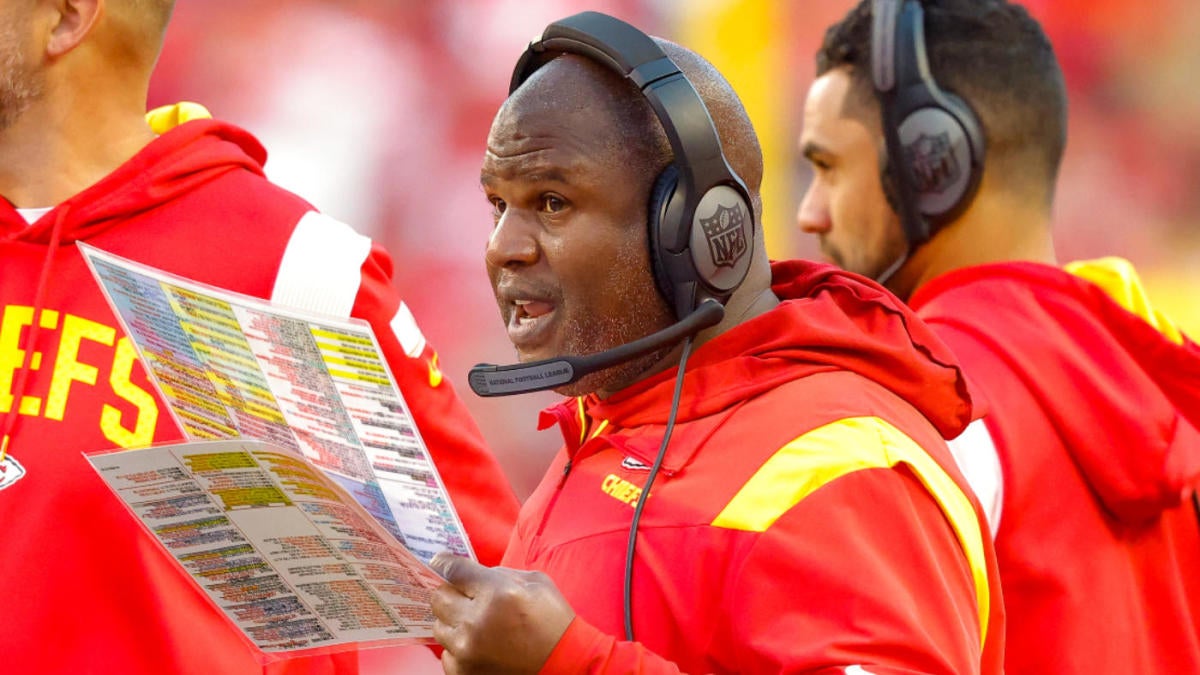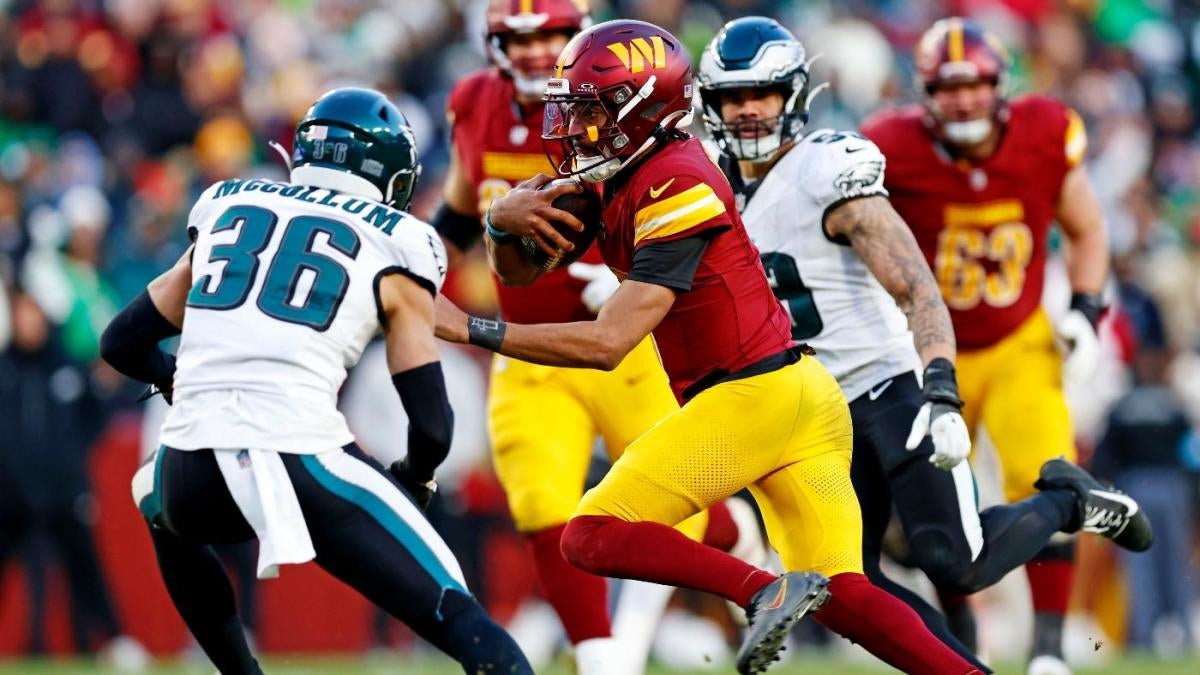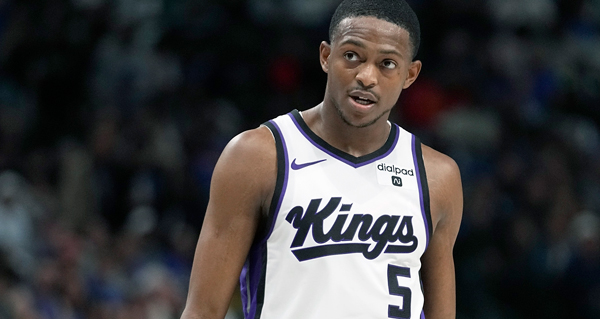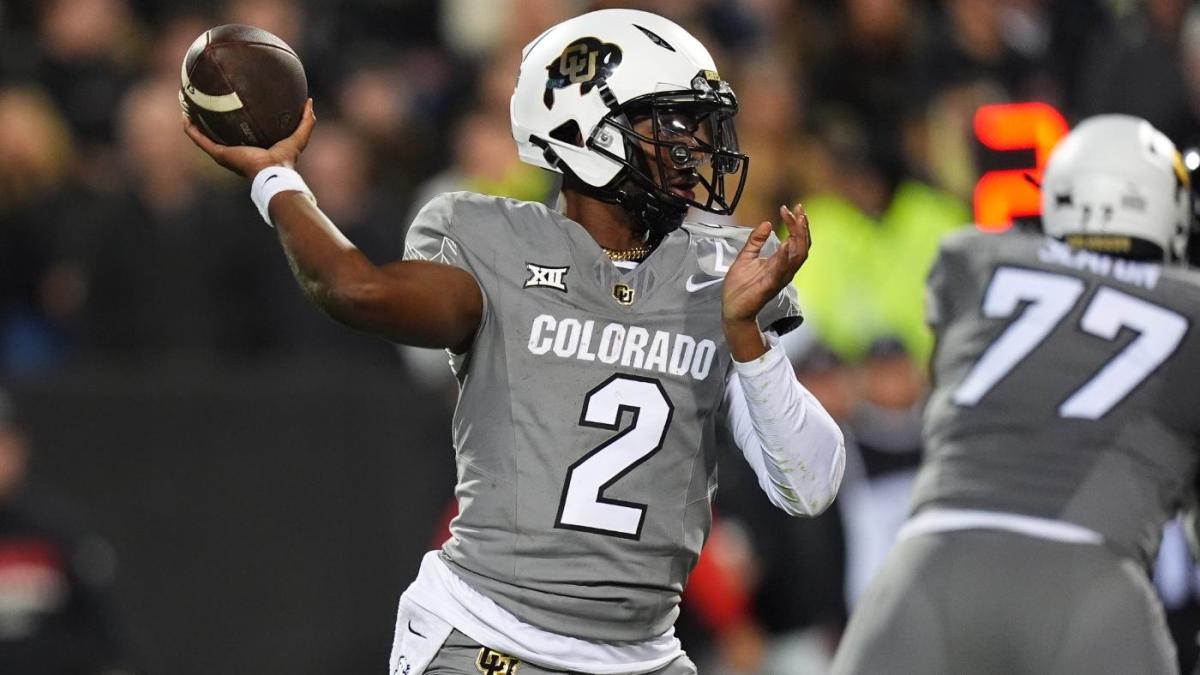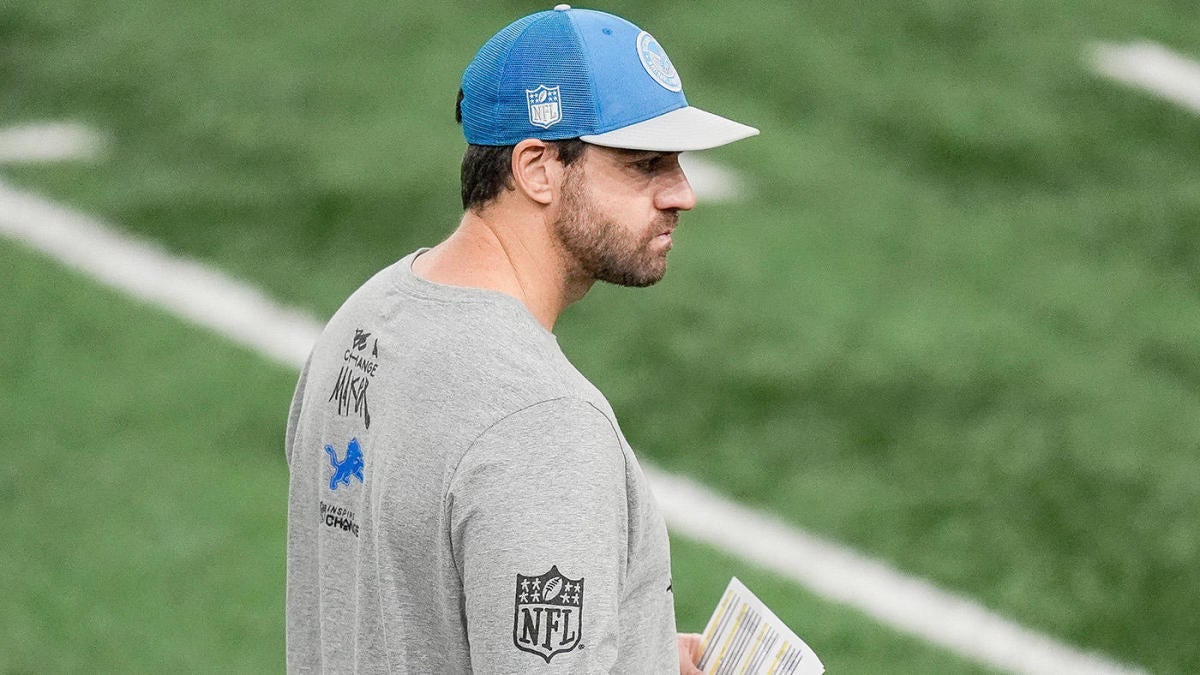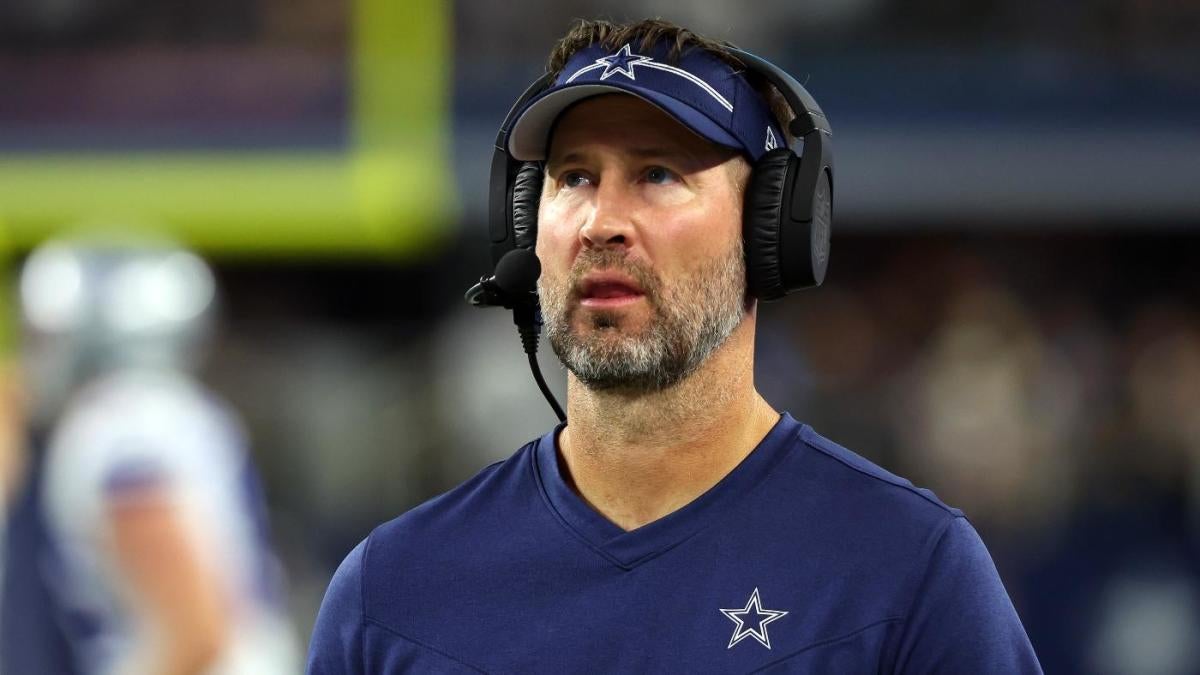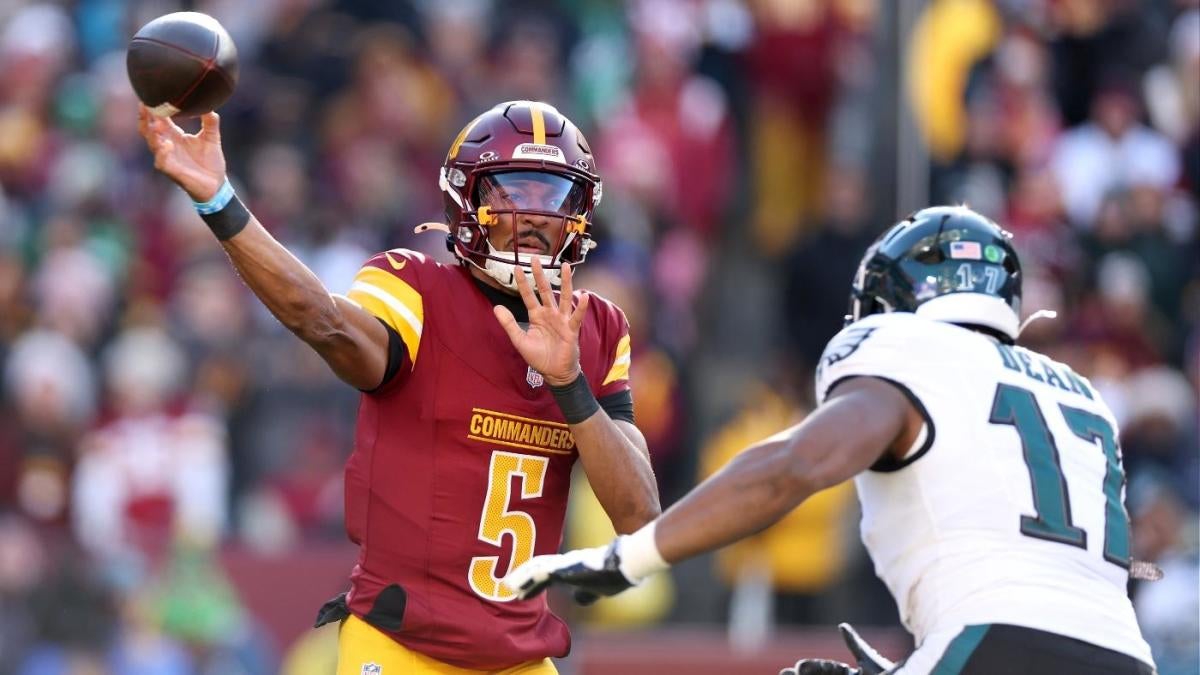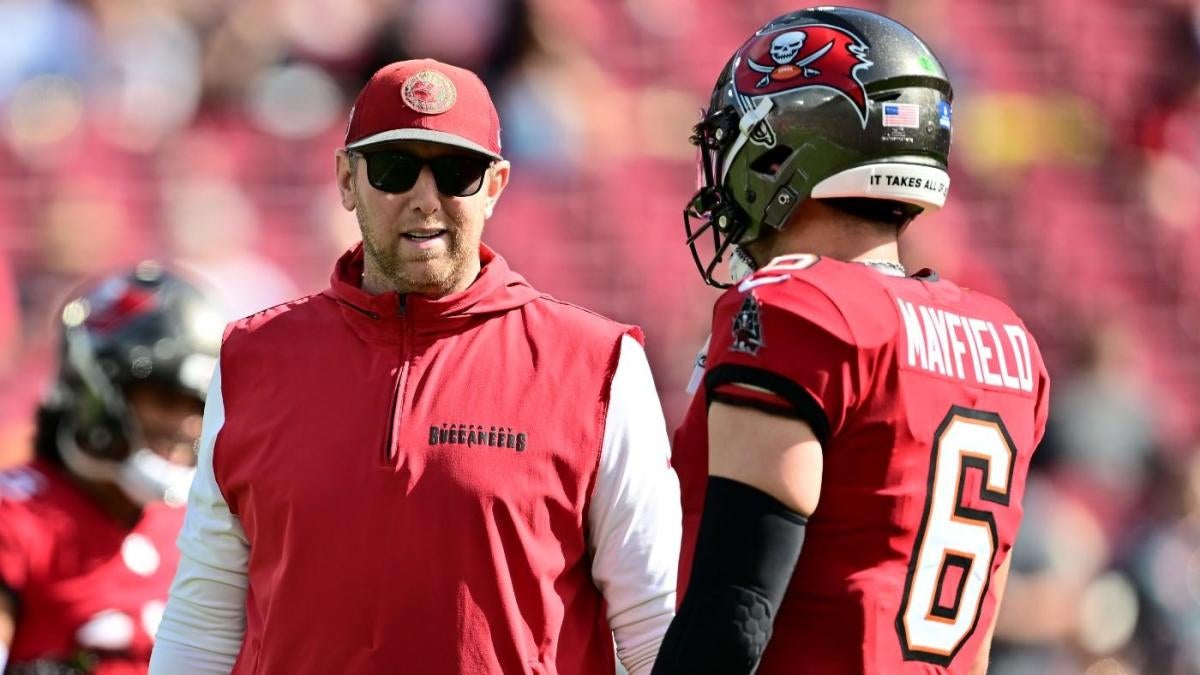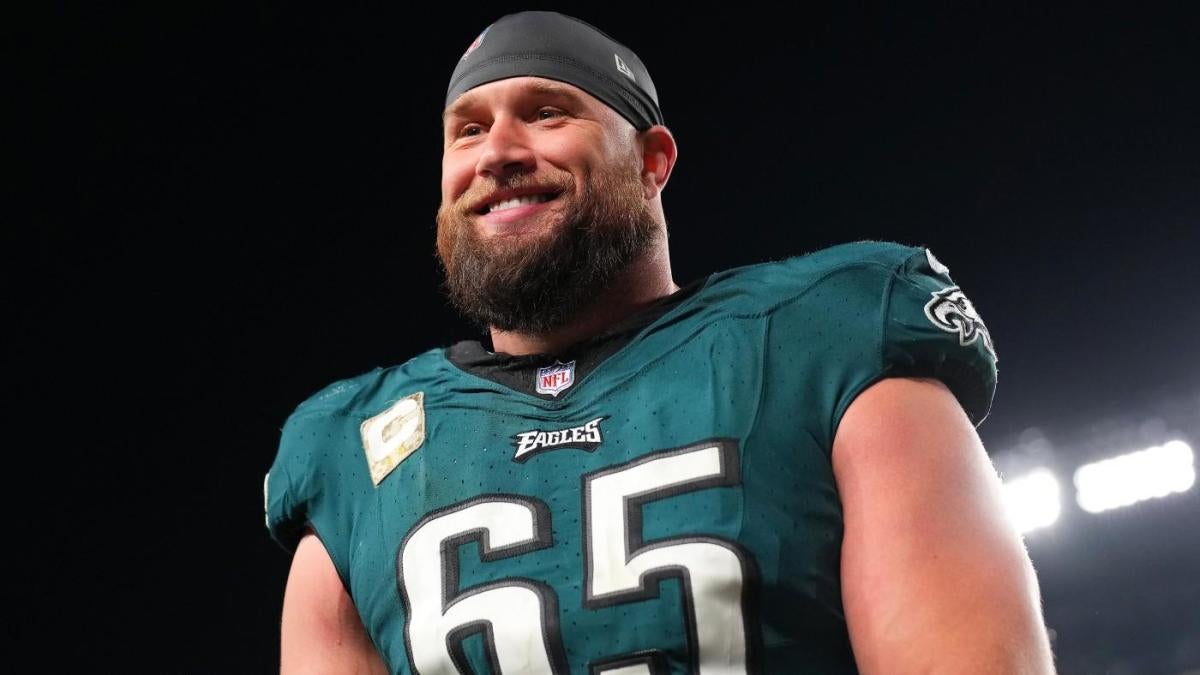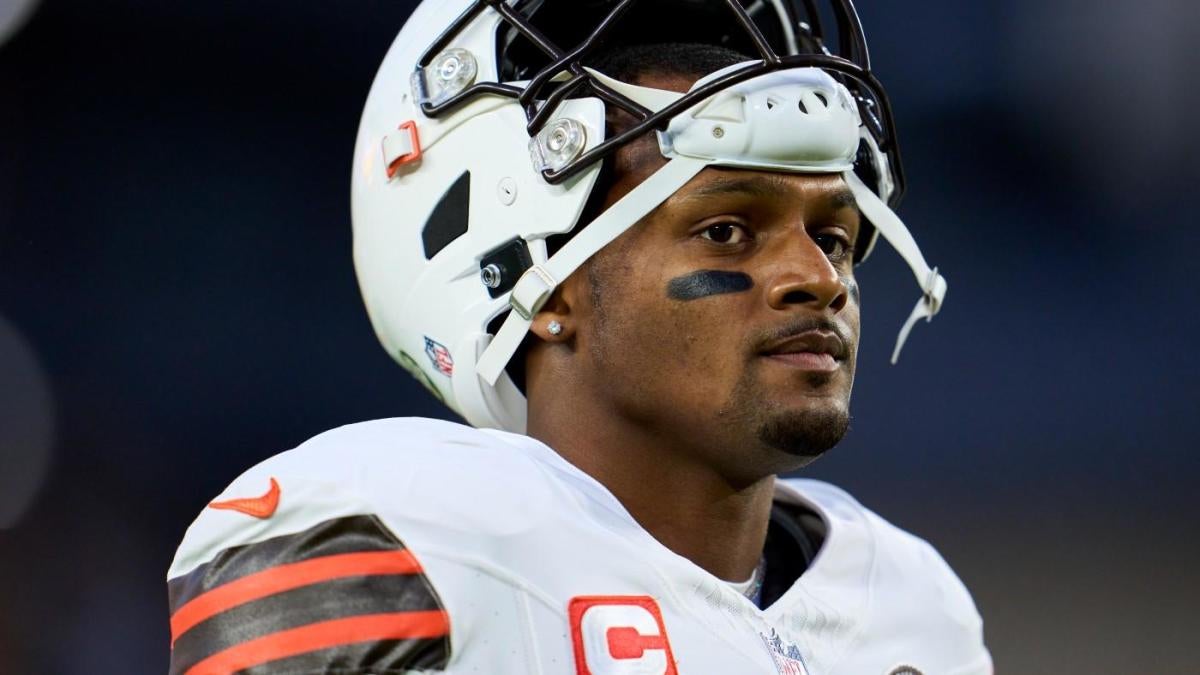
The Cleveland Browns were expecting to get an elite quarterback when 2022, 2023 and 2024 first-round picks, a 2022 fourth-round pick, a 2023 third-round pick and a 2024 fourth-round pick were sent to the Houston Texans for Deshaun Watson and a 2024 sixth-round pick in March 2022. Watson received an unprecedented fully guaranteed five-year, $230 million contract in connection with the trade despite having four years worth $136 million remaining on the four-year contract extension averaging $39 million per year he signed with the Texans in September 2020.
Being rusty in 2022 was anticipated with Watson missing the first 11 games of the regular season as he served a suspension for violating the NFL’s Personal Conduct Policy because of sexual misconduct and sat out the 2021 season after demanding a trade. Watson wasn’t much better in 2023 when he was limited to six games because of a fracture to the glenoid bone in his throwing (right) shoulder. Nonetheless, the Browns made the playoffs as a wild-card team with an 11-6 record thanks to the league’s best defense and a then 38-year-old Joe Flacco taking the offense to a different level after coming of the street during the latter part of the season because of a rash of injuries at quarterback.
The offense has been a disaster this season as Watson and the Browns have gotten off to a 1-5 start. Cleveland is near the bottom of the league in practically every major offensive category, including last in total offense, 29th in passing yards and 27th in points. Watson has completed 61.3% of his passes for 1,020 yards with five touchdowns and three interceptions. His 76.6 passing rating is 28th in the NFL. Watson has been sacked a league-high 31 times, although the offensive line being decimated by injuries is somewhat of a mitigating factor with the sacks.
Advanced metrics paint a bleaker picture of Watson’s performance. According to TruMedia, Watson’s Expected Points Added (EPA) per pass play ranks 590th out of the 592 quarterbacks who started the first six games of a season since 2000. Watson is averaging 3.9 yards per dropback this season to rank 814th of 815 quarterbacks since 2000 by ESPN’s calculations.
The offense also lacks explosiveness under Watson. There haven’t been any plays over 40 yards. Cleveland is also tied for the NFL’s fewest offensive plays over 20 yards. The way Watson has played usually results in a quarterback getting benched, especially on a team struggling to win games. It isn’t happening. Browns head coach Kevin Stefanski stated this week that Watson gives the Browns the best chance to win. Cleveland’s backup quarterback is Jameis Winston, who has started 80 games during his 10-year NFL career. Stefanski also denied that there is a mandate from ownership to keep Watson in the lineup due to his contract.
The only glimmer of hope is that Watson completed 11 of his 12 pass attempts for 122 yards in the second half of Week 6’s game against the Philadelphia Eagles. Trading the passing game’s top weapon, Amari Cooper, to the Buffalo Bills on Tuesday makes Watson’s job more difficult. Pro Bowl running back Nick Chubb returning from the gruesome left knee injury he suffered early last season should give the rushing attack a boost, however.
The fully guaranteed contract means the Browns don’t have any good long-term options with Watson since the quarterback who led the NFL with 4,823 passing yards and set a Texans franchise record for touchdown passes (33) in 2020 doesn’t seem to exist anymore. The Browns are likely stuck with Watson for the foreseeable future if he is eventually benched this season or a new starting quarterback is found during the offseason whether through the NFL Draft or free agency.
The Brock Osweiler concept — where the Texans gave the Browns the equivalent of a second round pick in a 2017 trade to take on the quarterback’s contract, which included $16 million fully guaranteed, off their hands — doesn’t seem like a realistic option. It is hard to imagine any team wanting to trade for Watson given the $92 million guaranteed over the next two years (2025 and 2026) as well as his performance and off-the-field baggage. The Browns would likely have to give up a ridiculous amount of draft capital to get a team to even think twice about being saddled with that contract. Watson’s contest would be required anyway because his contract contains a no-trade clause.
Watson has the NFL’s second-largest 2025 salary cap number at $72.935 million thanks to contract restructures this year and last year to create the maximum amount of cap space. The Browns converted $44.92 million of Watson’s $46 million 2023 base salary into signing bonus in the 2023 restructure. A 2027 contract year voiding on the 23rd day before the start of the 2027 league year (February 2027) was added in the process to lower his cap number from $54.993 million to $19.057 million. This year’s salary conversion, where $44.79 million of Watson’s $46 million base salary was turned into signing bonus, cleared $35.832 million of cap space. A 2028 contract year that also voids on the 23rd day before the start of the 2027 league year was added so this signing bonus could be prorated over five years instead of four.
Cutting Watson in 2025 is too cost prohibitive because of the two salary conversions and the treatment of future salary guarantees when this occurs. Cleveland’s 2025 cap charges for Watson would increase by $99.835 million by releasing him conventionally. The Browns would have a whopping $172.77 million of dead money, which is a salary cap charge for a player no longer on a team’s roster, relating to Watson. The collective $53.835 million of bonus proration from Watson’s 2026 contract year and the two dummy/voiding contract years in 2027 and 2028 would accelerate into Cleveland’s 2025 salary cap. Watson’s fully guaranteed $46 million 2026 base salary would be also attributed to 2025 under the NFL’s salary cap rules. Salary guarantees from future contract years accelerate onto the current year’s salary cap when a player is released.
A team can release two players each league year before June 2 using a post-June 1 designation that is treated under the salary cap as if released after June 1. With a post-June 1 designation, a team is required to carry the player’s full cap number until June 2 even though he is no longer a part of the roster. The player’s salary comes off the books at that time unless it is guaranteed.
Only the current year’s bonus proration counts toward the cap with players released using a post-June 1 designation. The acceleration of the bonus proration in future contract years is delayed until the following league year, which typically begins in early to mid-March. Releasing Watson in 2025 through a post-June 1 designation isn’t feasible, either. The Browns would have $118.935 million of 2025 dead money. The $53.835 million of bonus proration from Watson’s three additional contract years (the real 2026 year and the 2027 and 2028 dummy/voiding years) would be a 2026 cap charge. Since there isn’t a before June 2 salary cap treatment distinction with salary guarantee acceleration, the $46 million guaranteed in 2026 would still be a 2025 cap charge.
Either way, these would be unheard of dead money charges. The current record for dead money in parting ways with a player is the $85 million the Denver Broncos have in 2024 and 2025 for releasing quarterback Russell Wilson this past March with a post-June 1 designation. Denver’s $53 million cap charge for Wilson this year is the largest amount of dead money related to an individual player for one league year.
It’s conceivable Watson could be released in 2026 with a post-June 1 designation. The 2026 dead money would equal Watson’s current $72.935 million cap number. The 2027 dead money would be $26.9 million of bonus proration from Watson’s fake 2027 and 2028 contract years. Cleveland would have a $99.835 million 2027 cap charge by releasing Watson prior to June 2 in the traditional manner because the bonus proration from these two fake years would accelerate forward to Cleveland’s 2026 books. This particular analysis presupposes that the Browns won’t lower Watson’s 2025 cap number next year by restructuring his contract again.
Last week’s confidential settlement of the civil lawsuit filed against Watson alleging sexual assault and battery in September should effectively end the possibility for Cleveland to get rid of him with less adverse cap ramifications. The NFL opened an investigation against Watson to determine whether another personal conduct policy violation occurred. Commissioner Roger Goodell indicated on Tuesday at the league meetings in Atlanta that the case is still being reviewed.
Presumably, the accuser won’t be cooperating with the NFL because of the settlement, making a thorough investigation extremely difficult. Without a thorough investigation, it will be virtually impossible for the NFL to suspend Watson again. Tony Buzbee, the accuser’s attorney, has bigger fish to fry. He represents 120 of Sean “Diddy” Combs’ alleged victims.
A new suspension would open the door for the Browns to void the $92 million of salary guarantees in Watson’s 2025 and 2026 contract years. The total dead money in 2025 would drop $80.77 million if the guarantees voided. It could be taken over two years with $26.935 million in 2025 and $53.835 million in 2026 through use of a post-June 1 designation.
There was hope that Watson’s fully guaranteed contract would be a game changer for NFL players. That didn’t come to fruition. Baltimore Ravens quarterback Lamar Jackson pushed the hardest for a fully guaranteed contract before eventually signing a conventional deal. With Watson becoming a cautionary tale for owners because of his poor performance, the door appears to shut on another veteran player getting a lucrative fully guaranteed contract anytime soon.
Go to Source
Author: Joel Corry
October 18, 2024 | 3:25 pm

